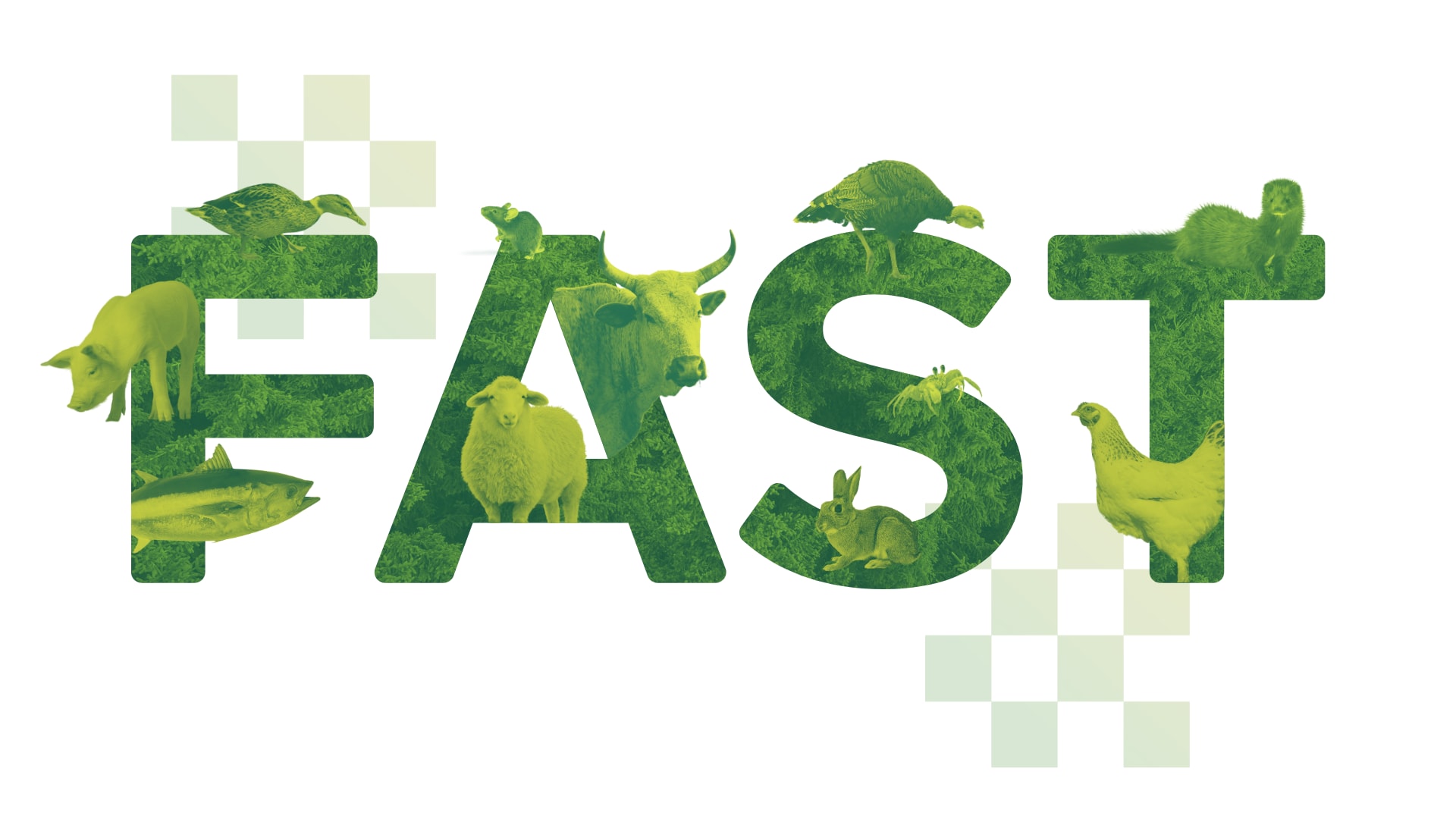
Summary
Farmed Animal Strategic Team (FAST) is thrilled to announce the launch of our Animal Advocacy Forum, a new platform aimed at increasing discussion and enhancing collaboration within the animal advocacy movement.
We invite everyone involved or interested in animal welfare, alternative proteins, animal rights, or related topics to participate, share insights about their initiatives, and discover valuable perspectives.
Thank you!

What is FAST?
For more than a decade, FAST has operated as a private Google Group list, connecting over 500+ organizations and 1,400+ individuals dedicated to farmed animal welfare. This network includes professionals from pivotal EA-aligned organizations such as Open Philanthropy, Good Food Institute, The Humane League, Animal Charity Evaluators (ACE)—including a wide range of smaller and grassroots-based groups.
Why a forum?
In response to feedback from our FAST survey, members expressed a strong interest in deeper discussions and improved collaboration. There was also considerable dissatisfaction with the 'reply-all' feature, which led to unintentional spamming of 1,400 members— as a result, FAST decided to broaden its services to include a forum.
While the FAST List continues to serve as a private space within the animal advocacy movement, the FAST Forum is open to the public to foster greater engagement, particularly from those involved in the EA and other closely-aligned movements.

What should be posted there?
Echoing the EA Forum's Animal Welfare topic's role which provides a space for organizations to announce initiatives, discuss promising new ideas, and constructively critique ongoing work— FAST's platform serves as a dedicated hub for in-depth discussions on animal advocacy and related topics.
It aims to enable nuanced debates and collaboration on key issues such as alternative proteins, grassroots strategy, corporate campaigns, legal & policy work, among others.
What shouldn't be posted there?
Discussions related to ongoing investigations or internal strategy, especially regarding campaigns or initiatives not yet public, should not be shared on the forum to safeguard the confidentiality and security of those efforts.
Why not use the EA Forum?
While the EA Forum is a valuable resource for animal advocacy dialogue, the FAST forum is designed to foster a more focused and close-knit community. The EA Forum's broad spectrum of topics and distinct cultural norms can be intimidating for some, making it challenging for those specifically focused on animal advocacy to find and engage in targeted conversations.
This initiative mirrors other communities such as the AI Alignment Forum, which serve to concentrate expertise and foster discussions in a critically important area. With that in mind, we strongly encourage members to continue sharing key content on the EA Forum for visibility and cross-engagement within the broader EA community.[1]

Where do I start?
Feel free to join us over at the Animal Advocacy Forum and become an active participant in our growing community.[2] To get started, simply register, complete your profile, and start or contribute to discussions that match your interests and expertise. This is also a great opportunity to introduce yourself and share insights about the impactful work you’re doing.
Thank you!
Thank you to the organizations and individuals who have provided invaluable feedback and support for the forum and FAST’s rebranding efforts, including Animal Charity Evaluators, Veganuary, ProVeg International, Stray Dog Institute, Animal Think Tank, Freedom Food Alliance, GFI, and the AVA Summit.
Also, a big thanks to LessWrong & the EA Forum team who've generously made their forum code publicly available for communities like ours to build on top of.
Shoutout to Vegan Hacktivists for the quick turnaround on the development side, and Violet Studios for the fantastic branding and design for the FAST Forum & website.

We've reached out to the EA Forum team and we're look forward to potentially collaborating between our two communities for cross-posting, AMA's, and various other initiatives, where and if possible.
Interested in moderating for our community? Reach out to us here.
- ^
We've reached out to the EA Forum team and we're look forward to potentially collaborating between our two communities for cross-posting, AMA's, and various other initiatives, where and if possible.
- ^
Interested in moderating for our community? Reach out to us here.


Good luck!
Quick thoughts:
This is, unless you specifically want to keep it for FAST members
Hi Siebe,
Both great suggestions, will look into them— dankjewel!